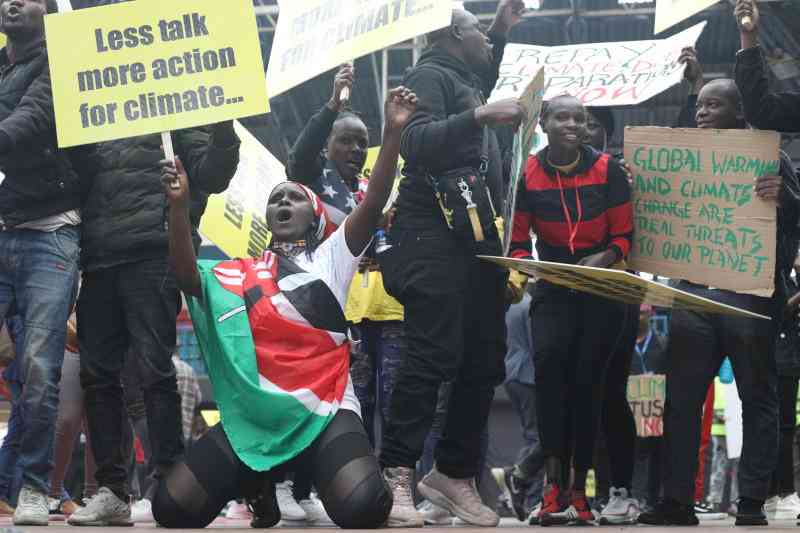In one fell swoop, African presidents meeting in Addis Ababa on Sunday adopted President Uhuru Kenyatta’s proposal setting the stage for a mass withdrawal from the International Criminal Court (ICC).
To recap, the ICC was established in 1998. The Rome Statute, the treaty that established the court, established four core international crimes: genocide, crimes against humanity, war crimes and the crime of aggression.
Basically, the ICC was formed to complement and supplement, not supplant individual jurisdictions of member countries in the dispensation of justice.
The court’s mandate is to prosecute those accused of genocide, crimes against humanity, war crimes and crimes of aggression. Of its 123 members, 34 Africans countries are considered State parties.
Yet Africa feels aggrieved by the court. And rightly so.
The narrative that the court has been targeting Africans and especially its leaders, is lent credence by the fact that of the 23 cases going on at the ICC, all are from Africa. Further, the greatest advocates and funders of the ICC are themselves not signatories to the Rome Statute.
These include United States, Russia, China and India. Of course, some of the cases could be referrals from Governments, but that is beside the point. Kenya’s is one such case.
The path to the Kenya-led walkout has been filled with acrimony.
It has raised genuine objections over the manner in which the case against Deputy President William Ruto and journalist Joshua Sang has been handled.
Yet the folly is in using the deficiencies in this case to trigger a pull-out from the court that many feel still has a place in an imperfect world where those wielding power can ride roughshod on the poor and even their political rivals.
Ironically, the cases at the ICC defined the elections that got Mr Kenyatta and Mr Ruto elected to office. Mr Kenyatta’s case has since been terminated.
African leaders should have considered the broader picture and possible implications of an abrupt withdrawal.
Somalia, Congo and Burundi are examples of countries where collapse of government and institutional systems have led to the commission of atrocities against innocent people. To the wretched populations, the only recourse to justice is the ICC because those committing the crimes are too powerful to be subjected to a local judicial process.
This has bred impunity. The understanding that errant leaders could face criminal justice compels many of them to tread carefully. It has been argued that the fear of the ICC prevented the breakout of violence in the aftermath of the 2013 elections in Kenya.
ICC may have its challenges, shortcomings and failings, but where it acts as a deterrent to mass killings, it has served its purpose. The best way to tackle the challenges is not by sulking and walking out. Therefore, the thrust for African countries’ push should be in the direction of making the ICC a more responsive court.
Stay informed. Subscribe to our newsletter
The overriding message of the ICC should be that those waging war on their own people do so knowing they have a date with justice sooner or later.
 The Standard Group Plc is a
multi-media organization with investments in media platforms spanning newspaper
print operations, television, radio broadcasting, digital and online services. The
Standard Group is recognized as a leading multi-media house in Kenya with a key
influence in matters of national and international interest.
The Standard Group Plc is a
multi-media organization with investments in media platforms spanning newspaper
print operations, television, radio broadcasting, digital and online services. The
Standard Group is recognized as a leading multi-media house in Kenya with a key
influence in matters of national and international interest.
 The Standard Group Plc is a
multi-media organization with investments in media platforms spanning newspaper
print operations, television, radio broadcasting, digital and online services. The
Standard Group is recognized as a leading multi-media house in Kenya with a key
influence in matters of national and international interest.
The Standard Group Plc is a
multi-media organization with investments in media platforms spanning newspaper
print operations, television, radio broadcasting, digital and online services. The
Standard Group is recognized as a leading multi-media house in Kenya with a key
influence in matters of national and international interest.







